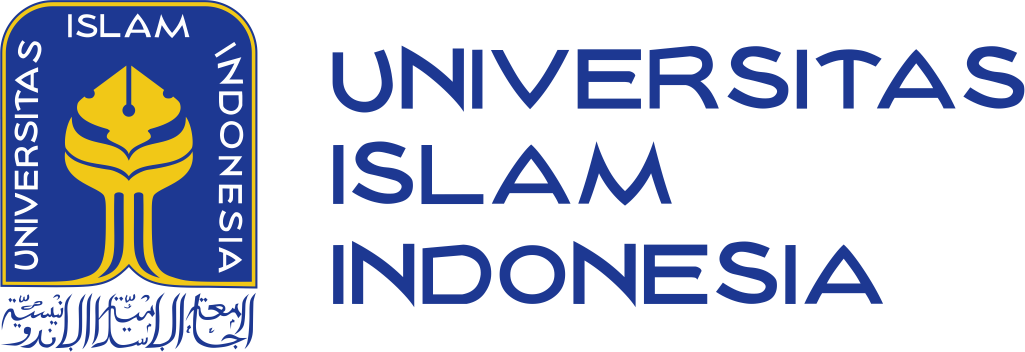Indonesia isn’t too reliant on a single party
Hangga Fathana, Lecturer in International Relations, Universitas Islam Indonesia
Indonesia wants strong and sustainable relations with Australia. This can be achieved with domestic political stability in both countries – but, more importantly, it needs to occur in Australia.
Australia’s changing leaders over the last nine years has not particularly influenced Indonesia’s perspective on Australian politics. Most Indonesians even think the leadership turmoil within the Labor Party during the Rudd/Gillard years had no impact on Australia-Indonesia relations; both leaders had regional engagement as a pillar of their government’s foreign policy.
Indonesia’s scepticism grew, however, when Tony Abbott became prime minister in 2013. His policy of towing back asylum-seeker boats raised tensions and received a lukewarm response from Indonesia. Indonesia’s former president, Susilo Bambang Yudhoyono, who was known for his “zero enemy” foreign policy, said he felt betrayed by Abbott’s handling of a spying scandal.
Australia’s change of prime minister in September 2015, from Abbott to Malcolm Turnbull, sparked little hope for more stable relations with Indonesia. Turnbull’s visit to Indonesia was expected to start a healing process for the relationship. This hope, however, has not completely come to pass – Turnbull continues to support Abbott’s asylum-seeker policy.
Having watched Australia’s changing leaders, hung parliaments and voters shifting away from the two major parties, Indonesia has learnt not to be too reliant on any particular Australian political party or figure.



